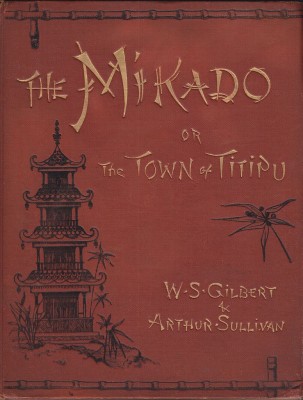 There are a few lines from the Mikado, a opera by Gilbert and Sullivan from 1885 that go like this,
There are a few lines from the Mikado, a opera by Gilbert and Sullivan from 1885 that go like this,
There is beauty in extreme old age.
Do you fancy you are elderly enough?
Information I’m requesting
On a subject interesting:
Is a maiden all the better when she’s tough?
This refrain occurs because Ko-Ko, the Lord High Executioner of the town Titipu, is unable to unable to marry Yum-Yum, his ward, to whom he is also also engaged, because Yum-Yum falls in love with Nanki-Poo, the son of the Mikado, disguised as a wandering minstrel. Once Nanki-Poo’s identity is revealed, Ko-Ko is out of luck and is destined to marry Katisha, an elderly lady who is also in love with Nanki-Poo!
When my friend, Richard, was already 82, we were sitting on the couch at his son’s country home on fine summer morning about six or seven years ago. He was telling me about all his diagnoses, especially the ones that could cause him to die at a moment’s notice.
Richard said to me, “I’ve lived a good life. I can’t die young!”
This statement is part of my permanent memory. Richard died last November at the age of 88!
Recently, I learned that Oliver Sacks, a professor of neurology at the New York University School of Medicine and the author of “Hallucinations” and “Awakenings” is turning 80 soon. “Awakenings” is also a major motion picture starring Robert De Niro and Robin Williams, two of my favorite actors.
Oliver Sacks says, in a New York Times article, The Joy of Old Age. (No Kidding.),
At 80, the specter of dementia or stroke looms. A third of one’s contemporaries are dead, and many more, with profound mental or physical damage, are trapped in a tragic and minimal existence. At 80 the marks of decay are all too visible. One’s reactions are a little slower, names more frequently elude one, and one’s energies must be husbanded, but even so, one may often feel full of energy and life and not at all “old.” Perhaps, with luck, I will make it, more or less intact, for another few years and be granted the liberty to continue to love and work, the two most important things, Freud insisted, in life.
When my time comes, I hope I can die in harness, as Francis Crick did. When he was told that his colon cancer had returned, at first he said nothing; he simply looked into the distance for a minute and then resumed his previous train of thought. When pressed about his diagnosis a few weeks later, he said, “Whatever has a beginning must have an ending.” When he died, at 88, he was still fully engaged in his most creative work.
These words echo the teachings of the Buddha known as the five remembrances. Zen Master Thich Nhat Hanh expresses these as
1) I am of the nature to grow old. There is no way to escape growing old.
2) I am of the nature to have ill health. There is no way to escape ill health.
3) I am of the nature to die. There is no way to escape death.
4) All that is dear to me and everyone I love are of the nature to change. There is no way to escape being separated from them.
5) My actions are my only true belongings. I cannot escape the consequences of my actions. My actions are the ground upon which I stand.
Old age, ill health, and death are the true nature of our existence. I would add awakening to Freud’s list of love and work.
How will you enjoy the beauty of extreme old age? Will you continue working (on yourself)?
I plan to watch the movie this week!
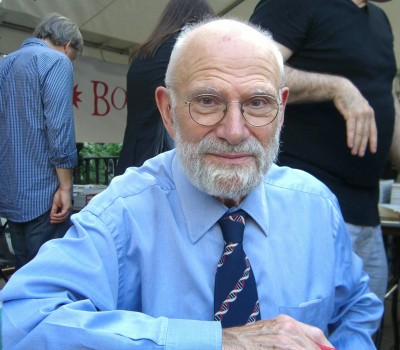



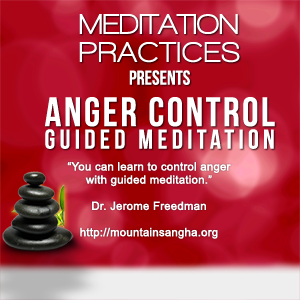
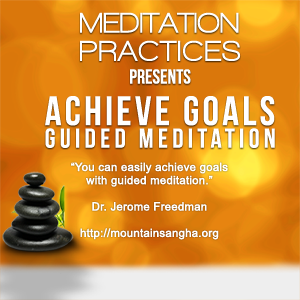


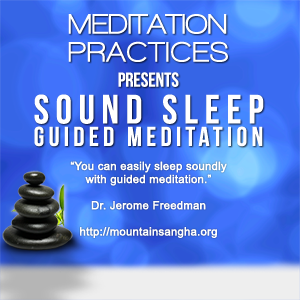

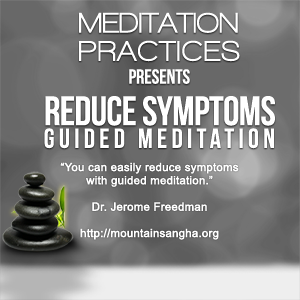


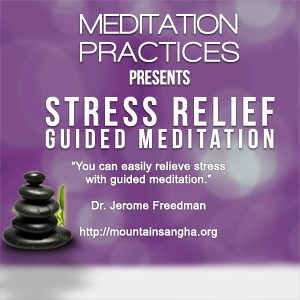

You must be logged in to post a comment.